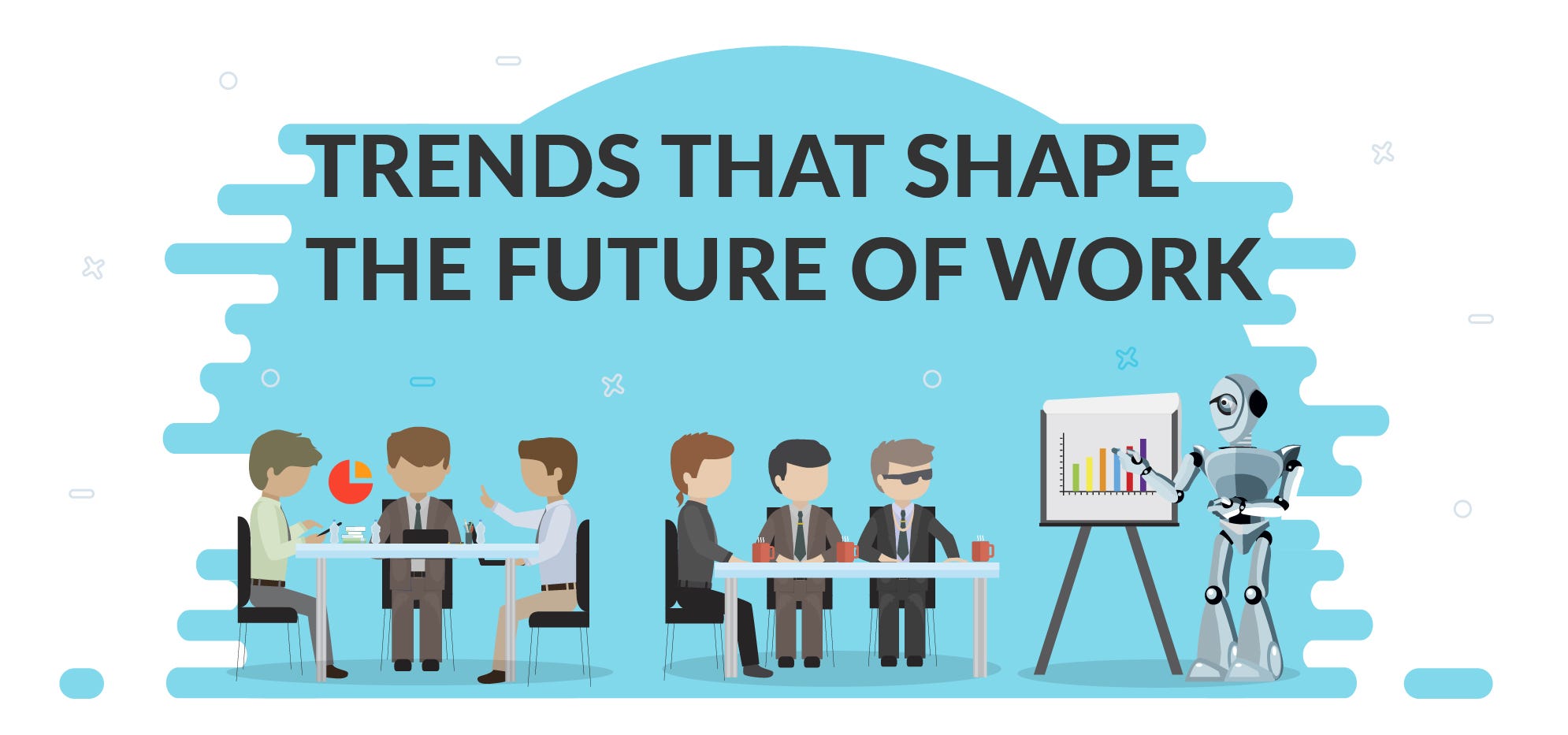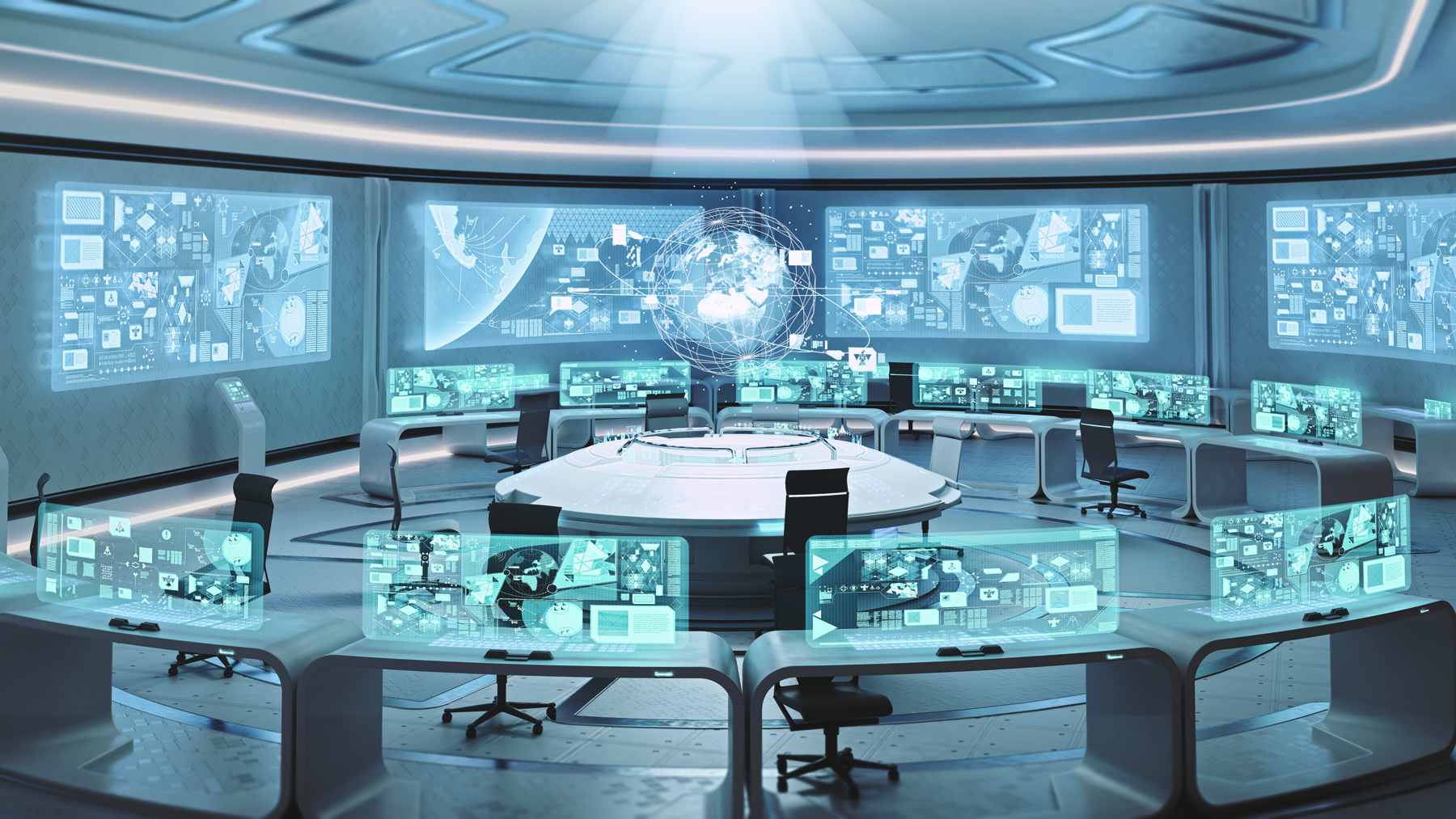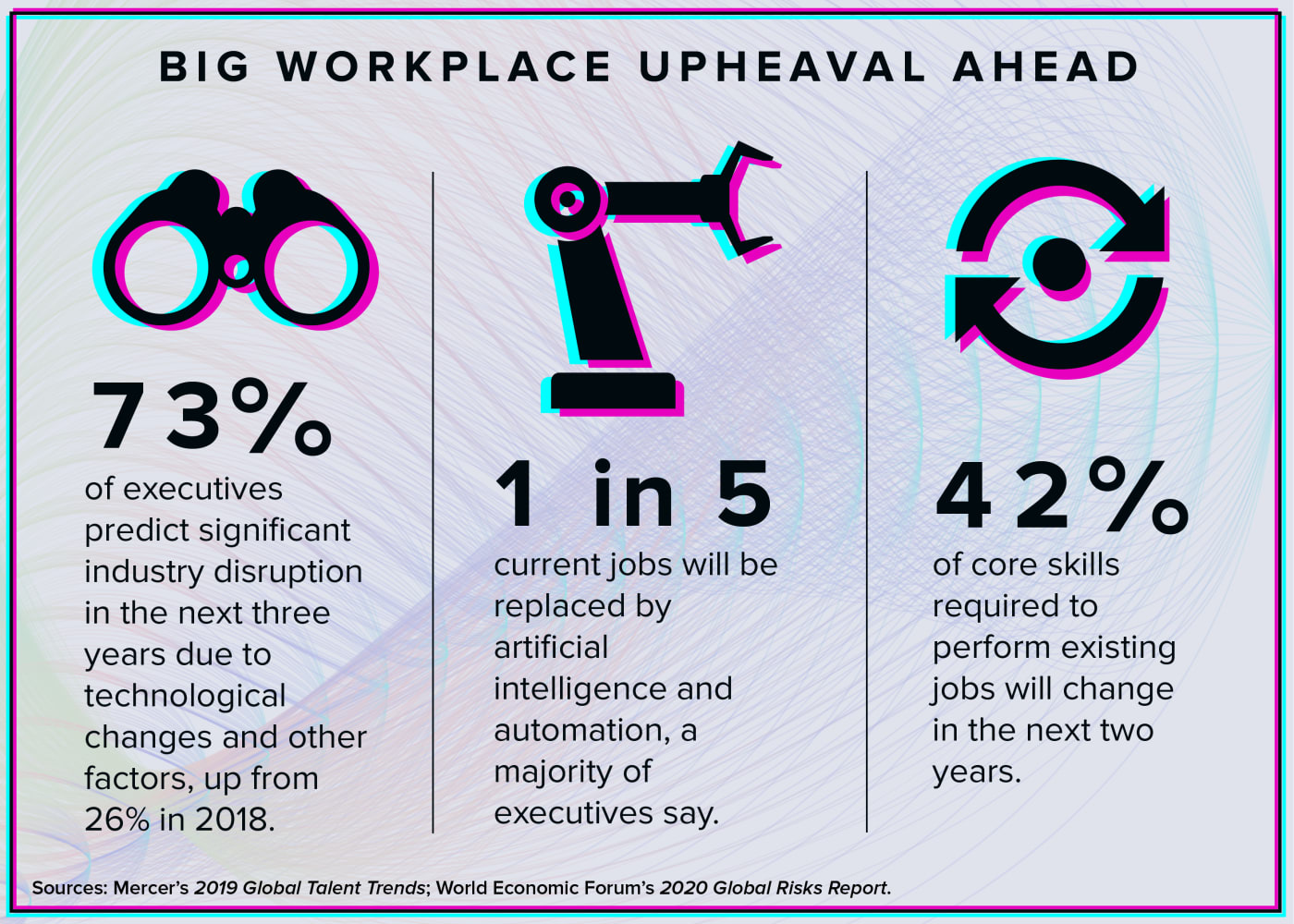 Source: bing.com
Source: bing.comThe world of work is changing rapidly, and it’s all thanks to technology. With the rise of automation, artificial intelligence, and other technological advancements, the workplace of the future is going to look very different than it does today. In this article, we’ll explore the impact of technology on the workplace, and what it means for the future of work.
The Rise of Automation
 Source: bing.com
Source: bing.comOne of the biggest impacts of technology on the workplace is the rise of automation. As machines become more advanced and intelligent, they are increasingly able to perform tasks that were once the sole domain of humans. This is already happening in many industries, from manufacturing to finance to healthcare.
Automation has the potential to revolutionize the workplace, making it more efficient and productive. However, it also raises concerns about job displacement. As machines take over more tasks, many workers may find themselves out of work. This will require new approaches to education and training, as well as policies to support workers who are displaced by automation.
The Role of Artificial Intelligence
 Source: bing.com
Source: bing.comAnother major impact of technology on the workplace is the rise of artificial intelligence (AI). AI is already being used in a variety of industries, from healthcare to finance to transportation. It has the potential to transform many aspects of work, from decision-making to customer service to data analysis.
However, AI also raises concerns about job displacement and the ethical implications of using machines to make decisions that were once made by humans. This will require careful consideration and the development of new policies and regulations to ensure that AI is used in a responsible and ethical manner.
The Changing Nature of Work
 Source: bing.com
Source: bing.comAs technology continues to impact the workplace, the nature of work itself is changing. Many traditional jobs are disappearing, while new jobs are being created. This requires workers to be more adaptable and flexible than ever before, and to develop new skills to keep up with the changing demands of the workplace.
In addition, technology is enabling new ways of working, such as remote work and the gig economy. This is creating new opportunities for workers to find flexible, independent work, but it also raises concerns about job security and the rights of workers in these new arrangements.
The Importance of Lifelong Learning
 Source: bing.com
Source: bing.comAs the workplace continues to change, it’s becoming increasingly important for workers to engage in lifelong learning. This means continually updating their skills and knowledge to keep up with the latest technological developments and trends.
Lifelong learning is essential for staying competitive in the job market, and it’s also important for personal growth and development. It can help workers adapt to new technologies and ways of working, and it can also lead to new career opportunities and higher salaries.
The Need for New Policies and Regulations
 Source: bing.com
Source: bing.comAs technology continues to impact the workplace, it’s becoming clear that new policies and regulations will be needed to ensure that workers are protected and that the benefits of technological advancements are shared fairly.
For example, there may be a need for policies to support workers who are displaced by automation, such as job training programs and unemployment benefits. There may also be a need for regulations to ensure that AI is used in a responsible and ethical manner, such as laws governing data privacy and algorithmic bias.
Conclusion
The future of work is going to look very different than it does today, thanks to the impact of technology on the workplace. Automation, artificial intelligence, and other technological advancements are already transforming many industries, and this trend is only going to accelerate in the coming years.
While these changes offer many benefits, they also raise concerns about job displacement, ethical implications, and the need for new policies and regulations. As we look to the future of work, it’s important to consider these issues and work together to create a more equitable and sustainable workplace for all.